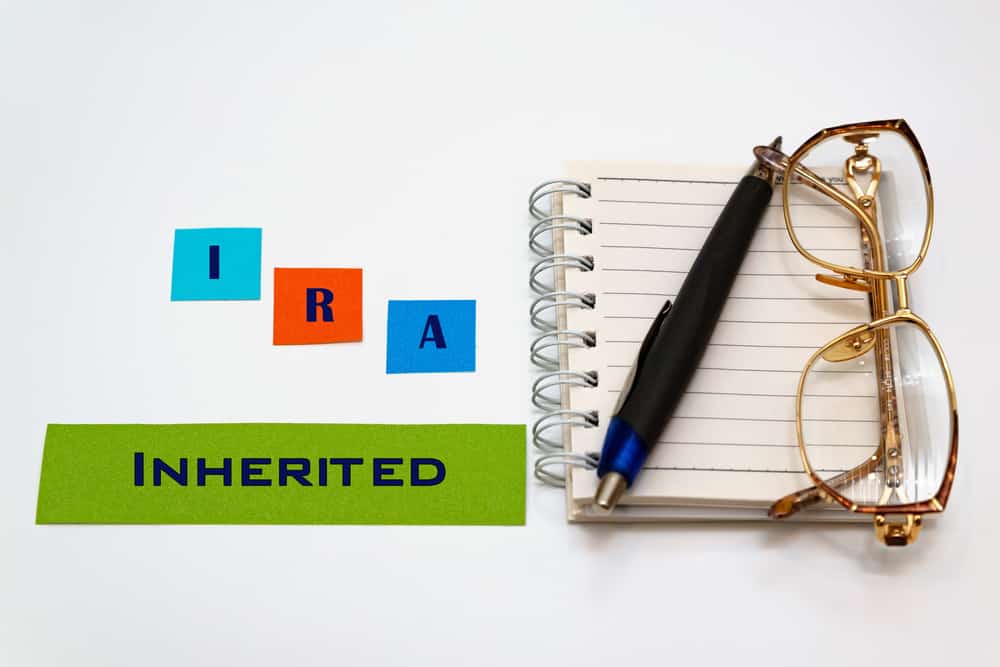If you have an IRA with a financial institution that you are no longer happy with, or if you are moving to a new area and want to keep your IRA with a local institution, you may be wondering how to transfer it. This can seem like a daunting task, but it is pretty simple. This article will walk you through transferring an IRA from one institution to another.
What Is An IRA, And Why Would You Want To Transfer It?
An IRA is an Individual Retirement Account. It is a savings account with unique tax benefits, making it a great way to save for retirement. There are many different types of IRAs, but the two most common are Traditional and Roth IRAs.
There are a few reasons why you might want to transfer your IRA from one institution to another. Maybe you are unhappy with your current financial institution's fees or want to move your money to a local credit union or bank. Whatever the reason, transferring an IRA account is pretty simple and can be done in just a few steps. Trustee to trustee transfer is the best way to do it, and there are no taxes or penalties. One financial institution may require that you close your account and open a new one at the receiving institution, but this is usually not the case.
How Do You Transfer An IRA From One Institution To Another Institution?
Transferring an IRA from one institution to another is a relatively simple process. Here are the steps you'll need to take:

Step: 1
Contact the financial institution where your IRA is currently held and let them know that you would like to close your account and transfer the assets to another institution. They will likely have a form for you to fill out.
Step: 2
Once you have completed the forms, the financial institution will provide you with two options for transferring the assets: they can either send a check directly to the new financial institution or transfer the funds electronically. If you choose to have a bill sent, ask about any potential fees that may be charged.
Step: 3
Once the funds have been transferred, you need to open an account at the new financial institution and deposit the assets into the account.
Step: 4
Be sure to keep track of all documentation related to the transfer so that you can adequately report the transaction come tax time.
What Are The Potential Risks And Benefits Of Transferring Your IRA?
When you're thinking about transferring your IRA from one institution to another, it's essential to consider the potential risks and benefits. On the one hand, you may be able to get better investment options or lower fees at the new institution. On the other hand, there may be tax implications or penalties associated with the transfer. Here's a closer look at some of the things you should keep in mind:
Risks
- There may be tax implications associated with the transfer.
- You may incur penalties if the transfer is not done correctly.
- The new institution may not offer better investment options or lower fees than your current one.
Benefits
- You may be able to get better investment options at the new institution.
- You may be able to lower your fees by transferring to a new institution.
Before you make a decision, it's essential to weigh the potential risks and benefits carefully. Talk to a qualified financial advisor if you're unsure of the best action for your situation. With careful planning, you can make sure that transferring your IRA is smooth and successful.
How Long Will The Transfer Process Take?
Transferring an IRA from one institution can take a few days to a few weeks. The length of time will depend on the specific financial institutions involved and how quickly they can process the transfer. Usually, the fund's transfer should only take a day or two. However, it's not uncommon for there to be some delays along the way.

Overall, transferring an IRA isn't a particularly complicated process. However, it's essential to ensure everything is done correctly to avoid potential penalties or fees. IRA assets are a significant part of many people's retirement savings, so it's important to take the time to research your options and make sure you're making the best decision for your situation.
Keep In Mind When Transferring Your IRA
If you are considering transferring your Individual Retirement Account (IRA) from one institution to another, there are a few things you will want to keep in mind.
Taxes
You will want to consult a tax advisor before making any changes to your IRA.
Age
If you are over 70 ½, you may have to take the required minimum distributions (RMDs) from your IRA.
Retirement Goals
Make sure that transferring your IRA is in line with your retirement goals. For example, if you are looking for more investment options, you may want to consider a traditional IRA or Roth IRA.
Wrapping Up
In conclusion, transferring an IRA from one institution to another is not a complex process, but there are a few things to keep in mind. First, you will need to contact the new institution and let them know you would like to transfer your IRA. They will likely have some forms for you to fill out and may require some documentation from the old institution. Once everything is in order, the transfer should go smoothly, and you can rest easy knowing your retirement savings are where you want them to be. Thanks for reading!
This article is for informational purposes only and should not be considered investment advice.
Risk Disclosure: Any investments come with an inherent risk, where you could end up making less money than what you put in. Before investing your hard-earned cash, be sure to speak with licensed professional financial advisor first. Always remember that past performance is not an indication of future returns.
Disclaimer: The website's owners of Cryptowealthbay.com may be compensated for suggesting certain businesses, goods, and services. While we do everything possible to verify that all of our content is accurate, the information we provide may not be impartial or unbiased, and it does not constitute financial advice.



